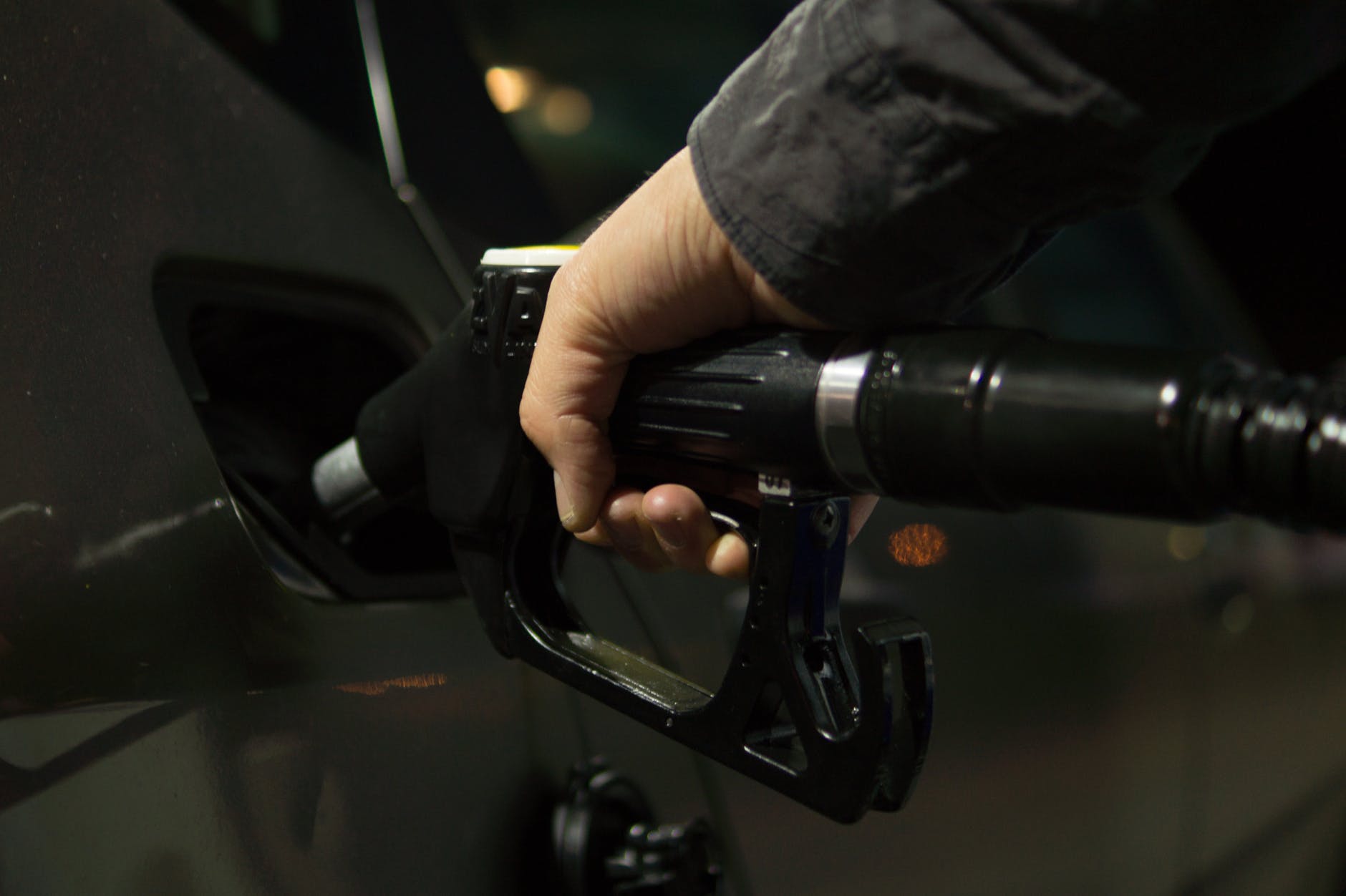
Can you improve Fuel Efficiency?
The answer is “Yes”; you can improve your car’s fuel efficiency. Changes in your car’s fuel efficiency are not always detectable to the driver or owner of the vehicle, and tips to reduce the use of fuel are not necessarily the information passed down to you when your driving instructor gave gentle encouragement while white-knuckled in the passenger-seat beside you. There are several tips that every vehicle owner should know when considering the ways to improve fuel efficiency. Every vehicle is different and guides to fuel economy will give you average performance indications but the way you drive, the average speed you drive at, the health of your vehicle’s systems and the type of car you drive will all affect your pocket at the pump. We are here to help.
Tips to maximise Fuel Economy:
1. Regular Maintenance.
When your sedan or 4×4 is lacking TLC, various systems under the bonnet will be taking the strain in getting you from A to B. While you may not be aware of any problems with your vehicle prevention is better than cure. Regular maintenance and servicing will ensure you prevent problems occurring which may reduce your fuel-efficiency or eventually require an expensive fix. When your engine is not serviced regularly dust and grime can build up in engine parts, causing strain and increasing the heat produced by normally running. Increased heat can take more cooling, and put additional pressure on your vehicle and left unchecked can eventually lead to engine fatigue and warping of key parts. A clean, serviced engine is optimal when you are looking to increase fuel efficiency so be sure to have a regular car maintenance check-up.
2. Where the rubber hits the road:
Your tyres are a very important consideration when looking to improve fuel efficiency. Certain tyres, particularly those you may find on a 4×4 are more rugged and designed to have increased contact with the ground in rough conditions. Tyres described as ‘all terrain’ typically have greater surface area touching the road and therefore require greater force to keep things moving. This uses more fuel, so be sure that your tyres are those best suited for the majority of drive you do. If you are more likely to be on-road rather than off, consider low profile tyres which are more fuel-efficient for city driving.
3. Slow and steady vs fast and furious:
Driving at a consistent pace is proven to be more fuel-efficient in both large and small vehicles. Aggressive driving which sees rapid acceleration and frequent breaking impact your fuel efficiency. As in the basic laws of physics, it takes less energy to maintain movement than to start moving so keep your pace slow and steady where possible, to reduce fuel consumption.
4. See a specialist:
The majority of smaller vehicles can be serviced by your friendly local mechanic. For larger vehicles, a specialist will be best placed to recognise the signs of wear and tear on your engine and be able to advise on the frequency of service based on the amount of time you spend off-road. Your local 4WD expert auto service centre can check your fuel efficiency and will run test on your vehicle to confirm all is in order before you head off on a long trip. Your diesel specialist in Sydney can be found at Mascot Auto-Repairs where the team will be happy to work with you on better ways to be fuel-friendly this summer.

Post a comment